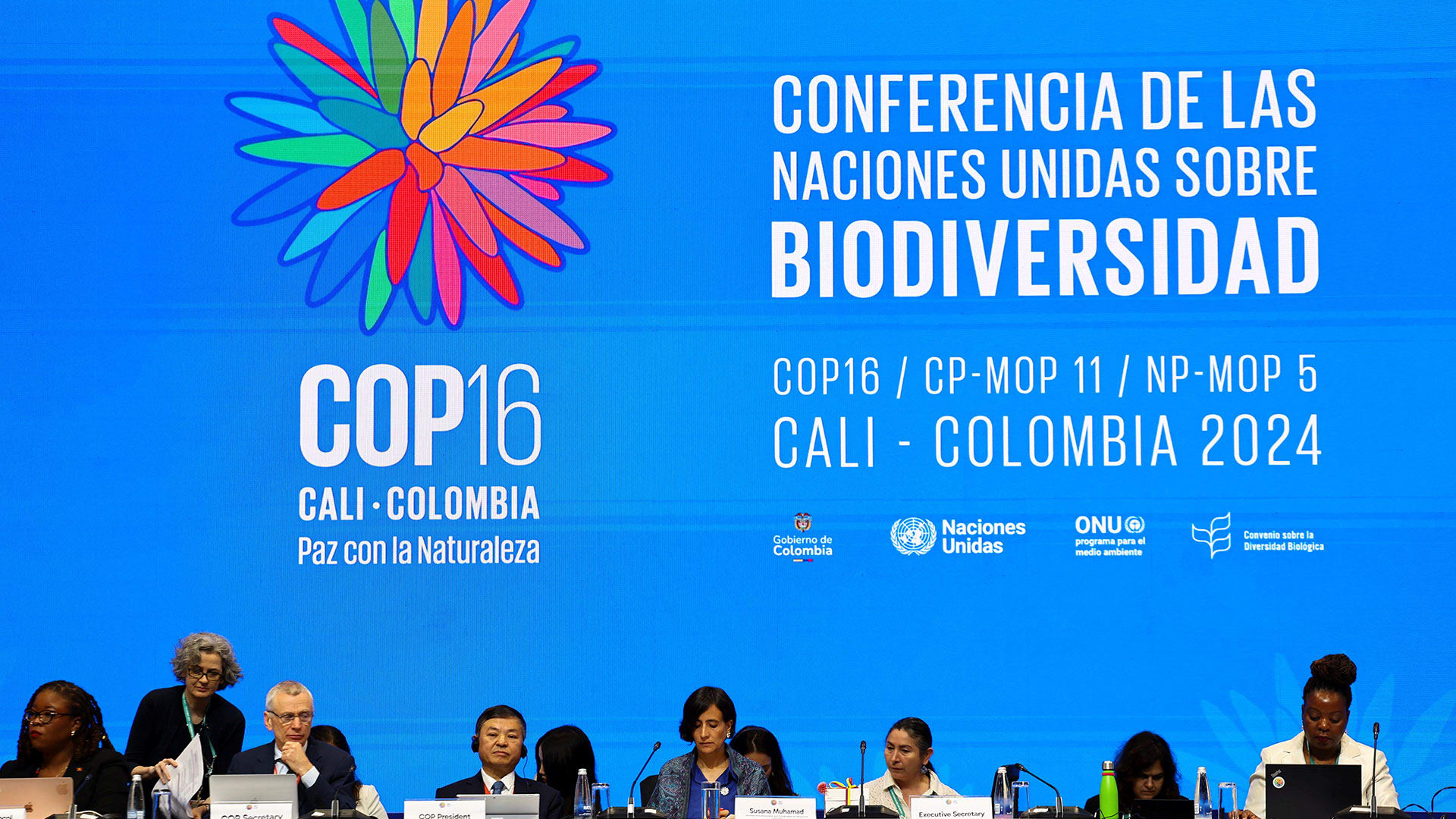The United Nations COP16 biodiversity conference in Cali, Colombia, marked a significant development in global conservation efforts by establishing a new subsidiary body to involve Indigenous communities in decision-making for nature conservation. This step acknowledges the critical role Indigenous knowledge plays in protecting biodiversity and addressing climate change, a cause that Indigenous groups have long championed.
The decision was met with enthusiastic support from Indigenous delegates, highlighting a victory for those advocating to integrate Indigenous perspectives and traditional knowledge systems into global and national biodiversity strategies. Sushil Raj from the Wildlife Conservation Society described the move as a strengthening of inclusive decision-making, creating new avenues for Indigenous voices in conservation policy.
The conference also tackled the issue of benefit-sharing from genetic resources, agreeing that major corporations using natural genetic materials must now share the financial benefits of their research. This issue, hotly debated during the summit, focused on “digital sequence information” (DSI) on genetic resources, a topic that had been divisive between developed and developing countries.
Ultimately, a compromise was reached requiring corporations to contribute 0.1% of revenue derived from products using genetic information to a fund, half of which will go to Indigenous communities. This agreement was praised as a highlight of the conference, recognizing the economic contributions of Indigenous knowledge and biodiversity resources to global industries and ensuring that these communities receive financial support.

COP16 Advances Indigenous Inclusion in Conservation Decisions, Sets Groundbreaking Genetic Resource Benefit-Sharing
Another critical outcome was the inclusion of African-descendant populations in biodiversity protection initiatives, reflecting a broader movement to recognize historically marginalized communities in conservation efforts. The newly established Indigenous body will have two co-chairs, one from a U.N. regional group and the other nominated by Indigenous representatives, with at least one from a developing country, ensuring representation that reflects both regional and gender diversity.
This organizational structure underscores the UN’s commitment to embedding diverse perspectives in environmental governance. Colombia’s environment minister, Susana Muhamad, noted that this development addresses a long-standing gap in the Convention on Biological Diversity, marking it as a step toward a more equitable approach in environmental policy.
Despite these advancements, the conference’s financial pledges for biodiversity protection fell short of expectations. Only $163 million in new funding was pledged, a fraction of what is required to counter global biodiversity loss.
Many conservation experts, like Nicola Sorsby from the International Institute for Environment and Development, criticized the insufficient financial commitment, emphasizing that much more is needed to achieve conservation goals. The modest pledges at COP16 have sparked concerns about upcoming climate talks at COP29, where financial commitments will again be a focal point, particularly in securing funding for a global shift to sustainable energy sources.
While COP16 made significant strides in recognizing Indigenous and Afro-descendant communities’ roles in biodiversity conservation and established mechanisms for genetic resource benefit-sharing, it underscored a continuing gap in financial support.
Global wildlife populations have declined dramatically, with the World Wildlife Fund reporting a 73% reduction over the past 50 years, indicating that without substantial financial investments, even well-structured policies may struggle to achieve their conservation objectives. COP16’s legacy, therefore, will likely be measured by the world’s ability to build on these commitments with the financial resources necessary to reverse biodiversity loss.
